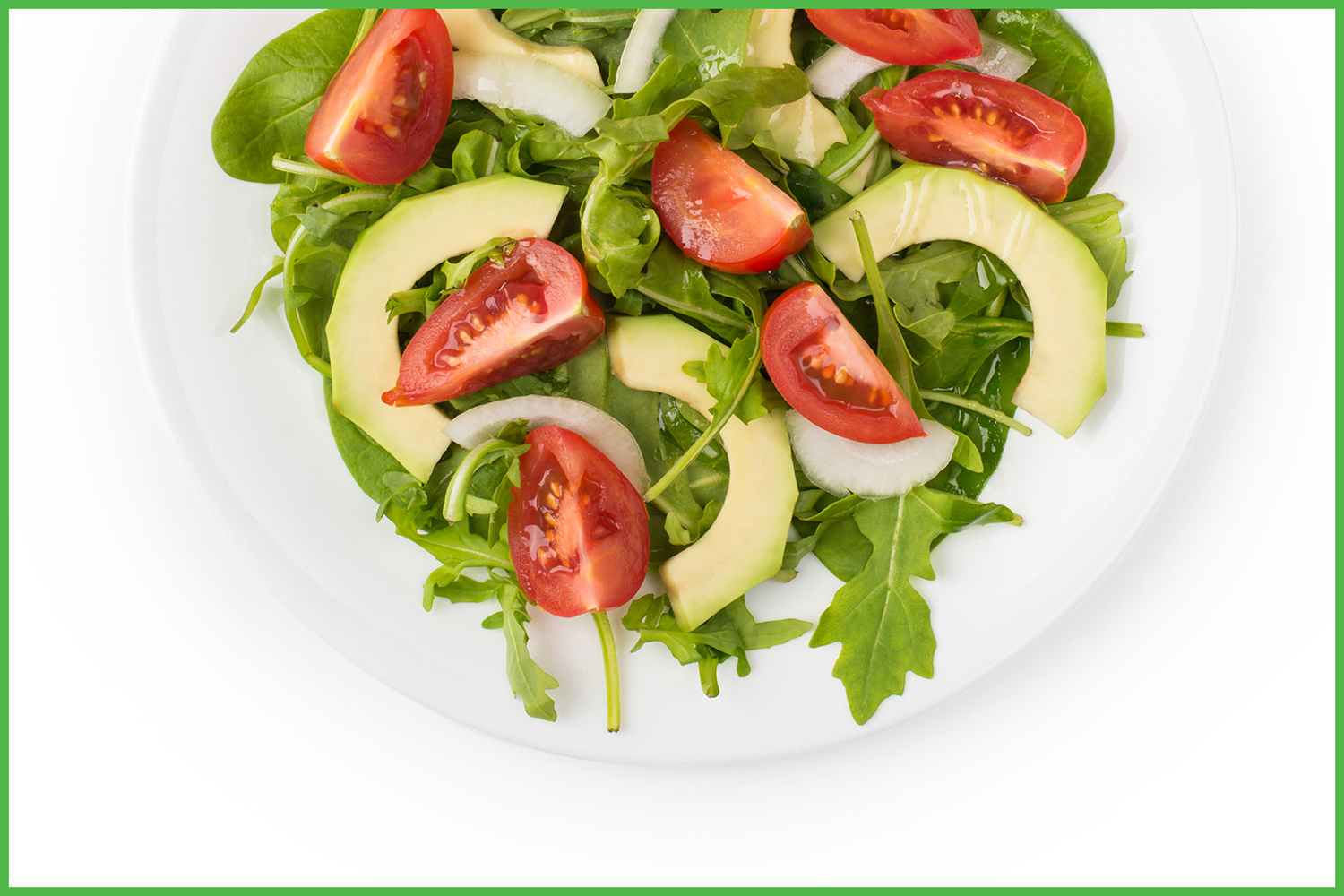WHILE DIETARY SUPPLEMENTS OR PRODUCTS containing vitamins, minerals or other nutrients can be useful in some cases—for example, iron and folic acid supplements for people who are or plan to become pregnant—research has not supported them as a tool for preventing cancer.
Supplements for cancer prevention “do not work,” says Nigel Brockton, vice president of research at the American Institute for Cancer Research (AICR). “And there’s also evidence that they may actually be harmful.”
Going back decades in some cases, researchers have tested if supplements prevent cancer. “These trials have been done because people thought they [supplements] would be helpful,” Brockton says. “And even in that rigorously tested setting, the outcomes are actually the opposite of what people expected. And they’re associated with poorer outcomes.”
These common foods are sources of important nutrients.
You can get the same nutrients found in popular supplements through common foods:
Vitamin D
tuna, mushrooms
Vitamin C
citrus fruits, bell peppers
Calcium
yogurt, spinach
Vitamin E
almonds, avocados
Omega-3 fatty acids
fish, walnuts
Unlike individual supplements, every food contains multiple nutrients, which likely act together to provide the benefits associated with a healthy diet.
According to a recent report by the World Cancer Research Fund and the AICR, clinical trials have not established a consistent effect of dietary supplements on cancer prevention. For example, a study of beta-carotene for cancer prevention in heavy smokers was stopped early because participants in the supplement group had a higher incidence of lung cancer. Another study testing use of vitamin E to prevent secondary cancers in people with head and neck cancer found that those taking the supplement experienced higher rates of recurrence, higher incidence of secondary cancers and lower cancer-free survival rates.
Supplements may also reduce the efficacy of cancer treatments. A 2019 study in Germany found that breast cancer patients who used antioxidant supplements during chemotherapy and radiation had higher risks of cancer progression and recurrence and were more likely to die of any cause.
Some supplements may interfere with cancer treatments.
Many cancer patients who take supplements do not tell their doctors about it, says Karen Collins, a registered dietitian nutritionist and nutrition adviser for the American Institute for Cancer Research. This is a problem because some supplements may interfere with cancer treatments. Doctors won’t necessarily tell patients to stop, she notes. “But wouldn’t you want to know and be sure that you weren’t doing something that was working against your treatment?” she says.
For these reasons, Brockton says, the AICR does not recommend supplements for cancer prevention. “If you eat a plant-based diet that has higher levels of these micronutrients [also contained in supplements], you have a reduced risk of cancer,” Brockton says. “But when you isolate those antioxidants [and] phytochemicals and try to use those as cancer fighting, they’re not effective,” he says.
Cancer Today magazine is free to cancer patients, survivors and caregivers who live in the U.S. Subscribe here to receive four issues per year.





